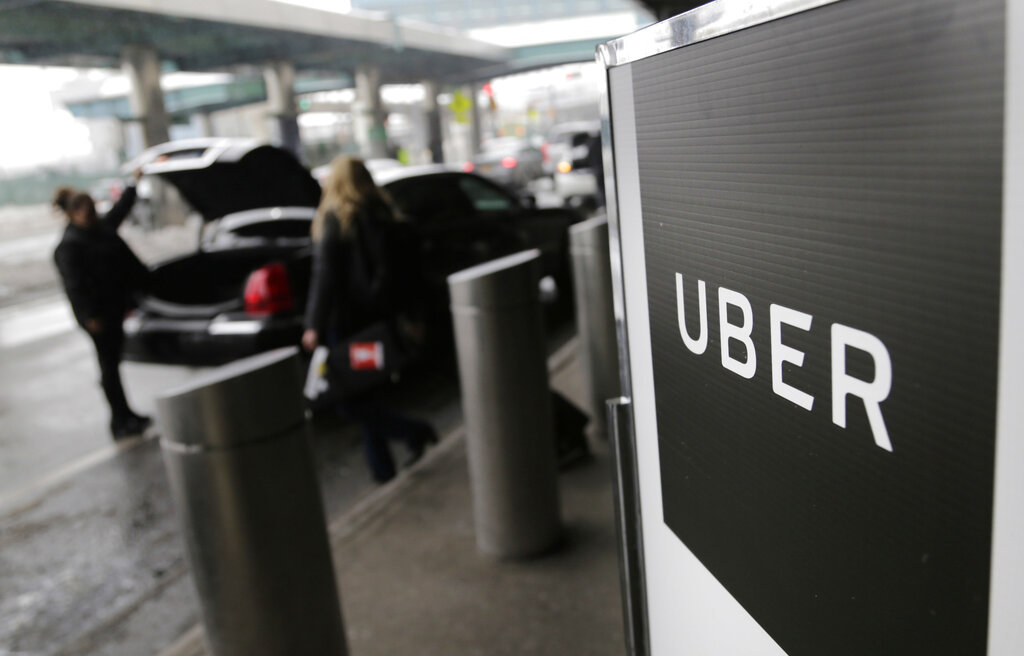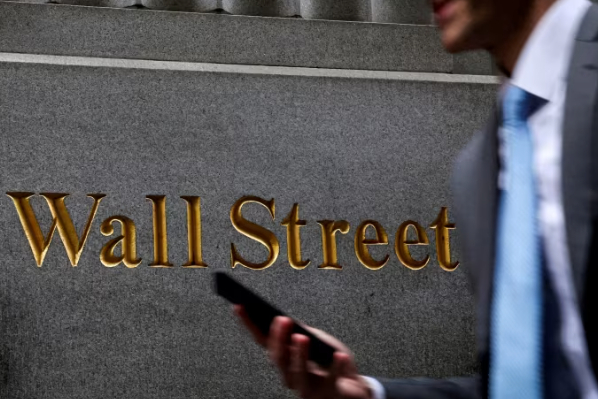
On August 26, the Dutch Data Protection Authority (DPA) announced a fine of 290 million euros. It is the largest fine ever imposed by the DPA. This figure not only refreshed the DPA fine record, but also triggered a profound reflection on data protection and privacy security around the world.
On the surface, Uber's performance is like riding a rocket, with its share price soaring more than 200% since 2023. Not long ago, it teamed up with Cruise, the self-driving arm of General Motors, to draw up grand plans for a driverless taxi service. However, behind this gloss, there is a hidden disregard and contempt for data compliance.
The Dutch DPA's penalty decision, like a hammer, sounded the alarm about Uber's data protection. According to the DPA, Uber transferred the personal data of European taxi drivers to the United States without adequate privacy safeguards, including but not limited to location information, photos, payment histories and even sensitive medical and criminal records. Such large-scale and unprotected cross-border data flows are a serious breach of the core principles of the General Data Protection Regulation (GDPR), which states that personal data should be adequately protected and that any processing must be lawful, fair and transparent.
Uber responded defiantly, insisting that its cross-border data transfer processes comply with GDPR requirements and that it would appeal against the decision. However, such a statement seems to be somewhat weak in front of the public and regulators. After all, the severity and authority of the GDPR has long been widely recognized and enforced around the world, and any attempt to challenge its bottom line will face a heavy price.
In fact, this is not the first time Uber has been fined for data protection issues. Back in 2013 and 2018, the company was fined by the Dutch DPA for similar violations. However, the past experience did not become a lesson, and Uber's negligence and carelessness in data protection once again brought a heavy price for it. This can not help but make people question, as one of the world's leading technology companies, Uber in the pursuit of commercial interests at the same time, whether the user's privacy rights in mind?
What's even more ironic is that in Uber's stellar earnings report, we see continued revenue growth and significant improvements in profitability. However, behind these bright figures, there are huge loopholes in data security and privacy protection. This practice of "grabbing the money bag and losing the privacy shield in one hand" is undoubtedly a great betrayal of user trust.
Faced with such a severe challenge, Uber needs to do more than just file an appeal to seek legal relief, but also fundamentally rethink and reform its data protection system. After all, in the era of digital economy, data has become one of the core assets of enterprises, and how to legally, compliant, and safely handle these data is an important yardstick to measure a corporate social responsibility and moral bottom line.
For the entire industry, Uber's experience is also a profound warning. It tells people that no matter how big the company is, how good the performance, you can not ignore the importance of data protection and privacy security. Only by establishing a perfect data protection mechanism can we win the trust of users and the respect of the market, so as to be in an invincible position in the fierce market competition.
Uber's fine is not only a legal sanction and punishment, but also a profound industry reflection and alarm. It reminds all technology companies to always bear in mind that while pursuing commercial interests, they must adhere to the bottom line of ethics and law; While using data to create value, data security and privacy protection must be ensured.

Recently, a series of corporate borrower fraud cases have been exposed on Wall Street, implicating institutions such as Jefferies, First Brands, Zions Bank, and Western Union Bank, with massive loan losses triggering market panic.
Recently, a series of corporate borrower fraud cases have b…
According to a report citing the Messenger Post of Papua Ne…
In the latest meeting minutes released by the Bank of Japan…
November 4th witnessed a "day of terror" in the cryptocurre…
On October 26th local time, Tesla's CEO Elon Musk announced…
When the US National Nuclear Security Agency fell into an "…